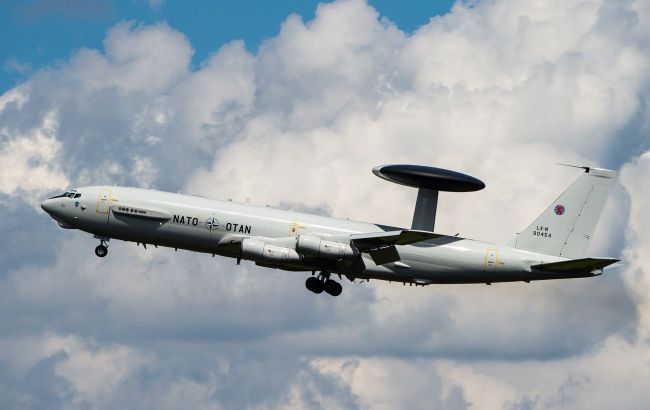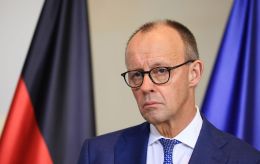Türkiye sends AWACS surveillance plane to Lithuania after Russian airspace breaches – Bloomberg
 Photo: AWACS reconnaissance aircraft (Getty Images)
Photo: AWACS reconnaissance aircraft (Getty Images)
Türkiye has sent an AWACS radar surveillance aircraft to Lithuania. This indicates a strengthening of NATO's defense in the Baltic region following violations of airspace by Russia, according to Bloomberg.
Turkish officials, speaking on condition of anonymity, told the agency that on Monday, Türkiye sent one airborne radar surveillance and control aircraft to Lithuania, capable of detecting low-flying drones and other objects that ground radars cannot detect.
According to the sources, the mission will last until Thursday.
The temporary deployment is seen as a gesture of solidarity with other NATO countries amid violations of airspace by Russia. At the same time, the Turkish Ministry of Defense has not publicly commented on the situation.
"The move comes as members of the North Atlantic Treaty Organization try to coordinate a response to Russian jets and drones entering their airspace, with partners openly contradicting each other," Bloomberg writes.
AWACS reconnaissance aircraft
This is a long-range radar detection and control aircraft used to monitor airspace and detect air, ground, and surface targets, as well as to transmit coordinates to other forces.
The main feature of these aircraft is a powerful omnidirectional radar station (RCS), whose antenna is located in a fairing above the fuselage.
Violation of NATO airspace by Russia
Russian aircraft, including helicopters and transport aircraft, have violated NATO airspace from time to time for many years.
After Russia's full-scale invasion of Ukraine in 2022, such incidents began to occur much more frequently, exacerbating tensions in the region.
Last week, 3 Russian fighter jets violated Estonian airspace for 12 minutes.
The incident occurred several weeks after Russian drones violated the airspace of Poland and Romania, and Russian drones also crossed Lithuanian territory from Belarus in July.
On Tuesday, Germany warned of the risks of shooting down Russian aircraft, while US President Donald Trump almost simultaneously expressed his readiness to take a tougher stance, supported by Poland and the Baltic states.
French President Emmanuel Macron, in New York, called on NATO to act more decisively in the event of new Russian provocations, but suggested avoiding extreme measures such as shooting down aircraft.


